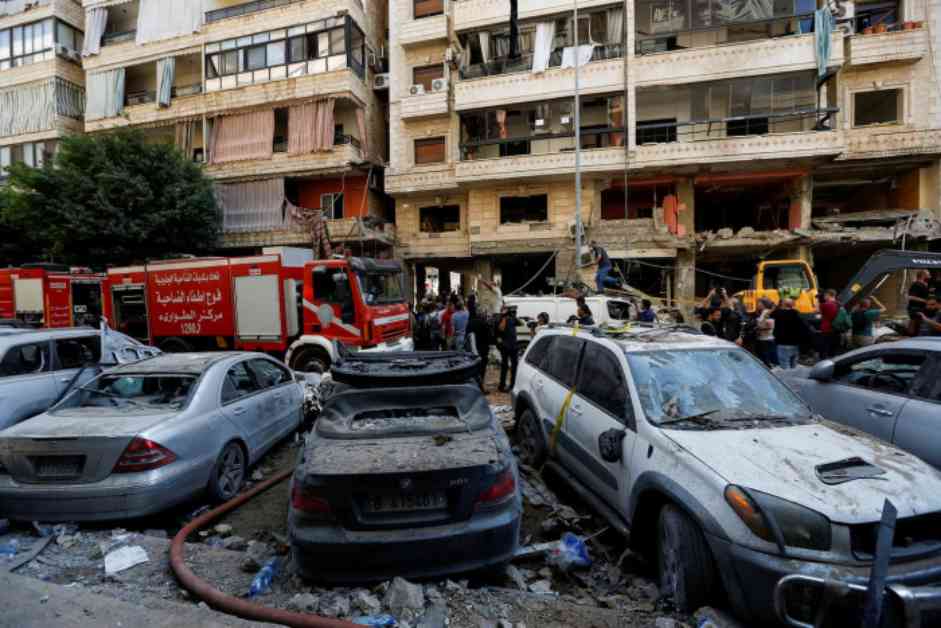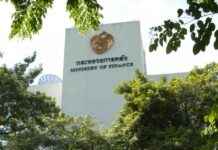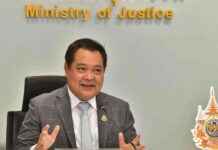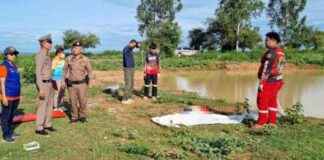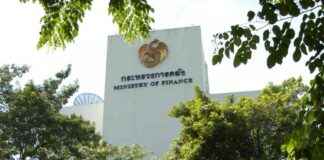Israeli Airstrike in Beirut Claims 37 Lives, Including Hezbollah Members
In a tragic turn of events, an Israeli airstrike in a Beirut suburb resulted in the loss of at least 37 lives, including three children, seven women, and 16 Hezbollah fighters, according to the Lebanese health ministry. Among the casualties were senior leaders of Hezbollah, Ibrahim Aqil, and Ahmed Wahbi.
Hezbollah, the Iran-backed group, confirmed the deaths of Aqil and 15 other members in a statement following the strike. The Israeli army claimed that the airstrike targeted an underground gathering of Aqil and senior commanders of Hezbollah’s elite Radwan forces, severely disrupting Hezbollah’s military chain of command.
The escalation of conflict between Israel and Hezbollah continued with heavy cross-border strikes on Saturday. Israeli warplanes carried out intense bombardments in Lebanon’s south, while Hezbollah retaliated with rocket attacks on military targets in Israel’s north.
The recent strike in Beirut marked a significant escalation in the ongoing conflict, which has already claimed 39 lives and left more than 3,000 injured. The attacks on communication devices used by Hezbollah members were believed to be orchestrated by Israel, although the country has neither confirmed nor denied its involvement.
Hezbollah-aligned transport minister Ali Hamieh expressed concern over the situation, stating that at least 23 people were still missing following the strike. The Lebanese health ministry mobilized rescue efforts to assist in the search and recovery operations, with vehicles and equipment dispatched to the scene to aid in the efforts.
Hezbollah acknowledged Aqil’s death as a significant loss, describing him as one of its top leaders. The group also mourned the loss of senior commander Ahmed Wahbi, who played a crucial role in overseeing military operations during the Gaza war.
Prime Minister Benjamin Netanyahu reaffirmed Israel’s objectives in a statement, emphasizing the country’s determination to ensure the safety and security of its residents. Defence Minister Yoav Gallant outlined Israel’s strategy in the conflict, stating that the new phase of war would continue until their goals were achieved.
With tensions escalating on both sides of the Israel-Lebanon border, tens of thousands of people have been evacuated from their homes to avoid the crossfire. Israel’s military imposed restrictions on airspace in northern Israel to safeguard flights amidst the ongoing hostilities.
The recent spate of violence in Lebanon has raised concerns about the potential widening and intensification of the conflict between Israel and Hezbollah. The UN Special Coordinator for Lebanon, Jeanine-Hennis Plasschaert, condemned the cycle of violence, emphasizing the need for an immediate resolution to prevent further devastation.
As the death toll climbs and the conflict shows no signs of abating, the region remains on edge, with fears of a broader escalation looming. The tragic loss of lives in Beirut serves as a stark reminder of the human cost of war and the urgent need for diplomatic efforts to restore peace and stability in the region.
